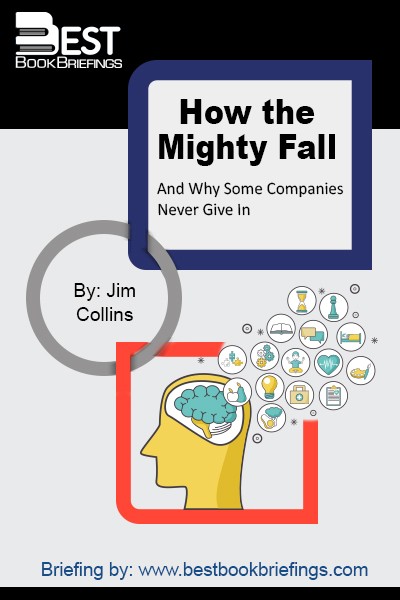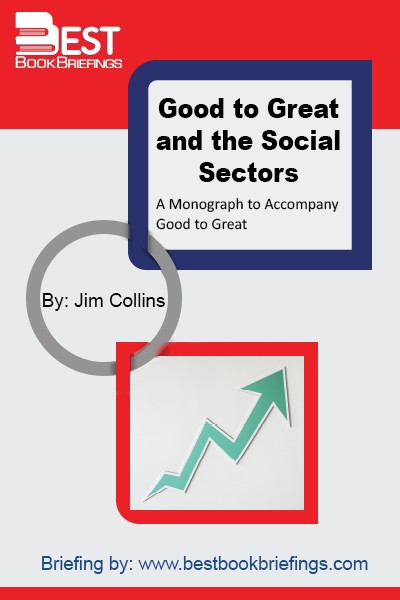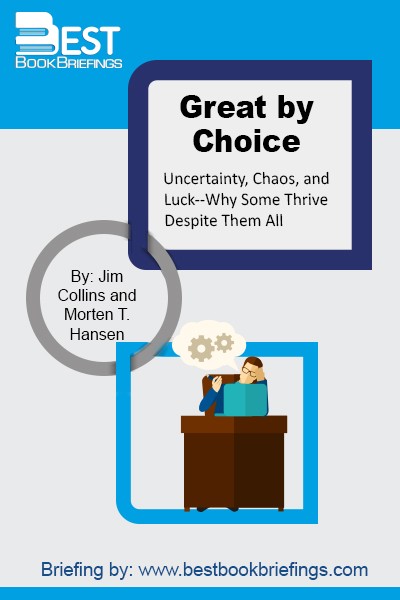How the Mighty Fall
And Why Some Companies Never Give In
Editorial Review
This book is not about gloating over the demise of once-mighty enterprises that fell, but about seeing what we can learn and apply to our own situation. By understanding the five stages of decline, leaders can substantially reduce the chances of falling all the way to the bottom, tumbling from iconic to irrelevant. Decline can be avoided. The seeds of decline can be detected early. The mighty can fall, but they can often rise again.
Book Reviews
Books on Related Topics
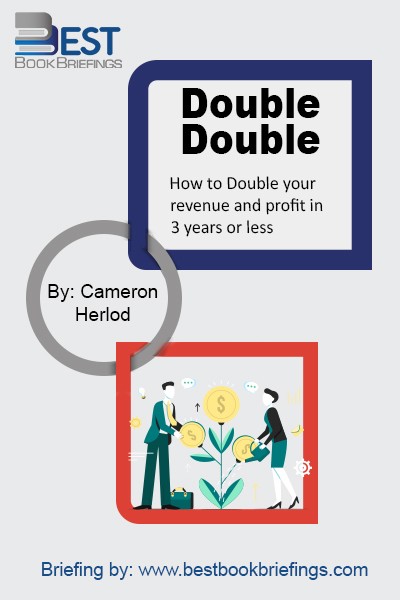
The goal of doubling your company’s size in three years is easy to accept. Who wouldn’t want to do that? But accepting this goal and realizing it are two different things. To achieve it, you need to prepare for fast growth. And to do that, you need to develop a detailed vision of
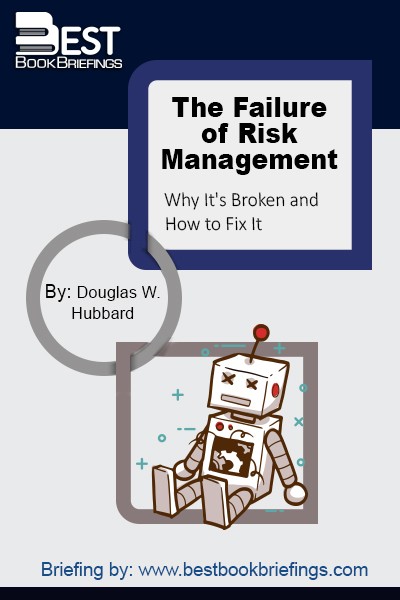
Risk Management methods are many and are fairly new. They are growing in popularity. Some are well-established and highly regarded. Some take a very soft qualitative approach and others are rigorously quantitative. When such methods are measured rigorously, they don't appear to work. The answer for the second question is also

If you put the words history of business ethics into a search engine on the Internet, you can come up with more than 34,000,000 hits in 0.18 of a second. Most of those hits would focus on the scandals that occurred in the last 30 years only. That’s when the idea

